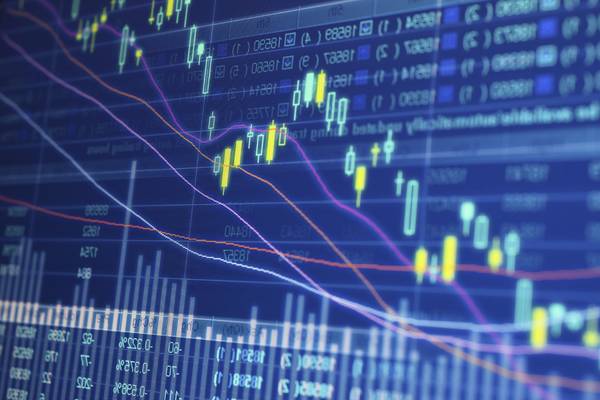Forex trading has become progressively common among participants and entities seeking to increase their income in this year. As a decentralized marketplace for trading national currencies against themselves, it offers opportunities for experienced traders and beginners alike. With the rise of tech and increased access to information, grasping the nuances of the forex market is more important than ever for those aiming to navigate this lively financial landscape.

In this guide, we will explore the essential aspects of forex trading that all trader should be familiar with. If you are newly commencing your journey or seeking to refine your expertise, we will cover fundamental concepts, effective strategies, and the pivotal factors that can influence your trading judgments. From the working of currency pairs to the psychological elements that can impact your results, our thorough overview will equip you with the information necessary to excel in the dynamic world of forex trading.
Grasping the Forex Market
The Foreign Exchange market, also known as the FX market, is the biggest financial market in the world, where trillions of dollars are traded on a daily basis. Unlike other markets, the Foreign Exchange market operates continuously, from Monday to Friday, allowing traders to exchange currencies at any time. This decentralized market enables individuals, organizations, and state bodies to convert currencies for different motives, including commerce, financial investing, and tourism.
At its core, Foreign Exchange trading involves the simultaneous buying of one currency and the sale of another. Currencies are traded in couples, such as Euro/US Dollar or British Pound/Japanese Yen, where the initial currency is the fundamental currency and the second is the quote currency. http://bing-qing.com/members/koreanbow66/activity/160008/ between these pairs indicates how much of the counter currency is needed to buy one unit of the fundamental currency. Understanding these sets and their trends is crucial for efficiently participating in the Foreign Exchange market.
Market actors include financial institutions, trading companies, businesses, state authorities, and lay traders. Each actor plays a vital role in determining currency valuation through their trading activities. The Foreign Exchange market is shaped by various factors, including financial data publications, political disturbances, rate policies, and central banking decisions. Effective traders must stay informed about these variables to make knowledgeable decisions and capitalize on the constantly shifting market conditions.
Essential Trading Strategies
When entering the Forex market, having a solid trading strategy is vital to achieving success. One efficient approach is the utilization of technical indicators, which provide valuable insights into the price dynamics and market trends. Popular indicators, such as moving averages, the Relative Strength Index (RSI), and Bollinger Bands, can aid traders spot potential entry and exit points. By grasping how to analyze these indicators, traders can make knowledgeable decisions and increase their probability of profitability.
Another key strategy is risk management. This includes setting appropriate stop loss and take profit orders to protect against significant losses. New traders often overlook the significance of these tools, but they are necessary in maintaining a viable trading practice. Creating a favorable risk-to-reward ratio can assist traders secure profits while reducing risks. Additionally, keeping a trading journal can facilitate self-reflection and improve decision-making over time.
Finally, the choice between day trading and swing trading should be evaluated based on personal preferences and lifestyle. Day trading requires making numerous trades within a single day, necessitating a keen understanding of market movements and outstanding time management skills. On the other hand, swing trading enables traders to hold positions for a few days or weeks, suiting to those who cannot dedicate the whole day to trading. Each strategy has its own merits, and choosing the right one can considerably impact trading success in the Forex market.
Risk Management and Mental Aspects
Successful risk management is vital for effective Forex trading. Traders should set a set risk percentage for each trade, commonly between one and 3 percent of their trading capital. This strategy helps to safeguard the account from large losses while allowing for growth over time. It's important to use stop loss and take profit orders efficiently to manage exposure and secure profits. A strict commitment to these risk management principles will establish a disciplined trading routine, reducing the influence of emotional decision-making.
The mental aspect of trading plays a vital role in a trader's success. Avarice, anxiety, and overconfidence can obscure judgment and result in bad trading decisions. Understanding one’s emotional responses to losses and gains is essential to maintaining a clear mindset. Traders should focus on developing emotional fortitude, which can be built through practices such as meditation, keeping a journal, and analyzing trades constructively. Embracing the learning process and recognizing that losses are part of trading can result in improved performance over time.
Additionally, adding a trading journal can assist traders reflect on their emotional state during trades and examine their decision-making processes. This self-awareness is crucial in identifying patterns and modifying strategies accordingly. By focusing on the psychology of trading and upholding a solid risk management plan, traders can enhance their overall Forex trading experience and achieve more steady results.
